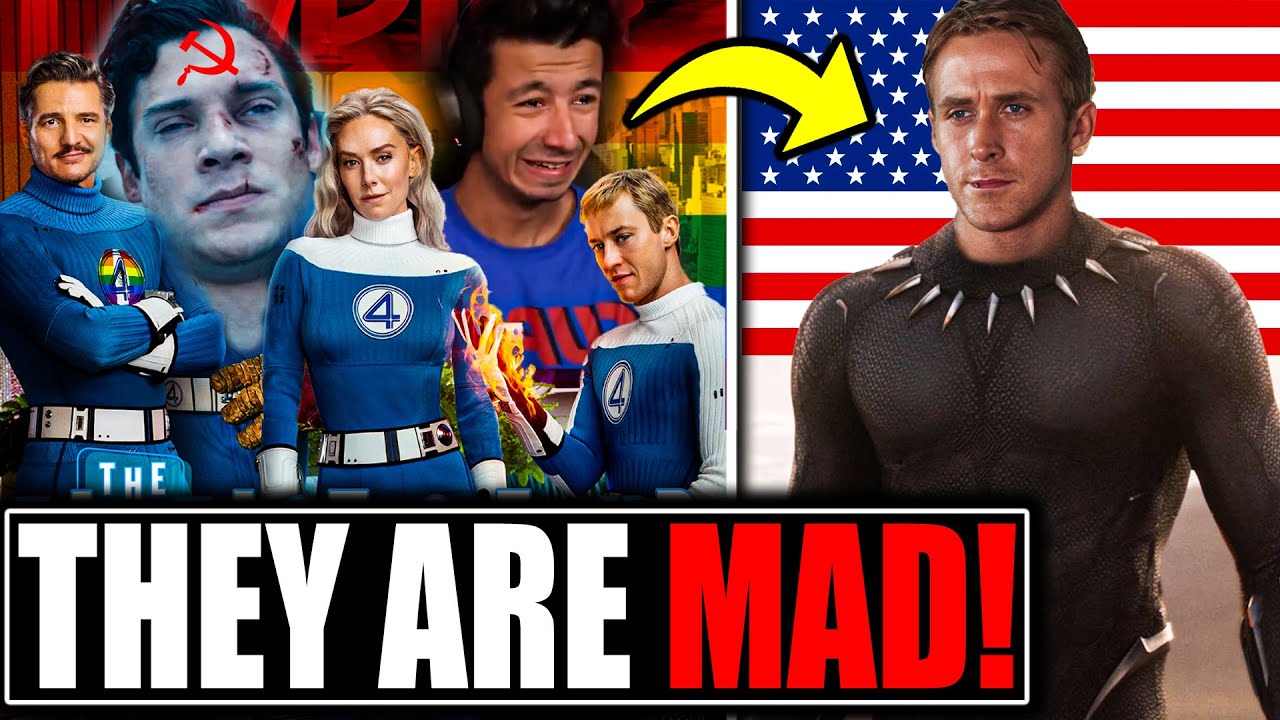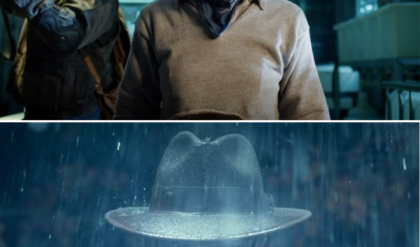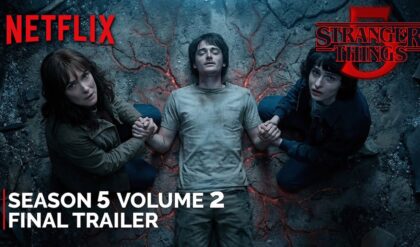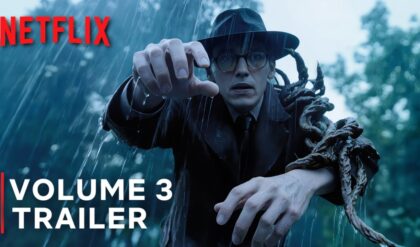Marvel’s White Black Panther and Fantastic Four Backlash: A Deep Dive Into Fandom Fury
The Marvel Cinematic Universe (MCU) has long been a cultural juggernaut, weaving tales of superheroes that resonate across generations. However, recent developments surrounding a new comic storyline featuring a white Black Panther successor and the upcoming Fantastic Four: First Steps film have ignited a firestorm of controversy. Social media platforms, particularly X, are ablaze with reactions ranging from outrage to mockery, with some fans decrying these moves as “woke trash” or misguided pandering. This article explores the origins of these controversies, the fan reactions, and the broader implications for Marvel’s storytelling in an era of heightened cultural sensitivity.

The White Black Panther: A Comic Book Curveball
In June 2025, Marvel Comics released Marvel Knights: The World To Come, introducing a character named Ketema, whom T’Challa, the original Black Panther and prince of Wakanda, refers to as his son. The twist? Ketema appears to be white, a stark departure from the traditionally Black African hero created by Stan Lee and Jack Kirby in 1966. This narrative choice has sent shockwaves through the fandom, with some interpreting it as a provocative response to years of debates over race-swapping in media.
The Black Panther, first introduced in Fantastic Four #52, was a groundbreaking character, widely recognized as the first Black superhero in mainstream American comics. His story, rooted in the fictional African nation of Wakanda, has been a symbol of Black excellence, technological prowess, and resistance to colonial oppression. The 2018 Black Panther film, directed by Ryan Coogler, amplified this legacy, grossing over $1 billion globally and earning critical acclaim for its Afro-futurist vision and cultural significance. The idea of a white character taking up the Black Panther mantle, even in a comic, feels to many like a betrayal of this legacy.
On X, reactions have been polarized. Some users revel in the irony, arguing that after years of Black actors taking on traditionally white roles, the tables have turned. Others condemn the move as neglecting the historical context of Black Panther, equating it to depicting a Native American character as white. The meme culture has also exploded, with actors like Ryan Gosling humorously cast as the “White Panther,” highlighting the absurdity some see in the concept. These reactions underscore a broader tension: the expectation that diversity in media should flow in one direction, with historically underrepresented groups gaining visibility without reciprocal changes to their iconic characters.
The comic’s narrative context remains unclear. Some speculate Ketema could be an adopted son or a figure from an alternate universe, drawing parallels to Hunter, T’Challa’s adopted white brother known as the White Wolf in the comics. Hunter, raised in Wakanda but often at odds with T’Challa’s rule, has never taken the Black Panther mantle, making Ketema’s role a novel and contentious addition. Marvel’s history of experimenting with alternate realities, as seen in What If? storylines, suggests this could be a temporary or symbolic arc, but the lack of transparency has fueled speculation and anger.
Fantastic Four: A “Woke” Disaster?
Simultaneously, the Fantastic Four: First Steps, set for release on July 25, 2025, has drawn ire for its casting and creative choices. The film, set in a 1960s-inspired universe, stars Pedro Pascal as Reed Richards, Vanessa Kirby as Sue Storm, Joseph Quinn as Johnny Storm, and Ebon Moss-Bachrach as Ben Grimm. The most controversial element is the casting of Julia Garner as a female Silver Surfer, traditionally a male character in the comics. This gender swap has been labeled by some fans as evidence of Disney’s “woke agenda,” echoing criticisms leveled at other recent MCU projects like The Marvels and The Acolyte.
The trailer, released in April 2025, sparked immediate backlash on X, with users expressing dismay over the gender-swapped Silver Surfer and Pascal’s casting. Comments like “MR FANTASTIC ISNT MEXICAN” (despite Pascal being Chilean) reveal a mix of ignorance and resistance to diverse casting. The term “woke” has become a catch-all for these grievances, often used to decry any deviation from traditional character depictions, whether based on race, gender, or ideology.
However, not all reactions are negative. On platforms like Reddit, fans have expressed optimism about the cast and the film’s retro aesthetic. Some defend the female Silver Surfer, noting that alternate-universe versions of the character have included women in comics like Earth X. These fans argue that the MCU’s multiverse framework allows for such creative liberties without erasing the original character. The contrast between X’s vitriol and Reddit’s nuance highlights the fragmented nature of modern fandom, where platform dynamics shape the tone of discourse.
The “Woke” Debate: Context and Misconceptions
The term “woke,” originally rooted in Black activism to signify awareness of social injustices, has been co-opted into a pejorative by critics of progressive media trends. In the context of Marvel, it’s often applied to projects that prioritize diversity or challenge traditional narratives. Black Panther: Wakanda Forever (2022), for instance, was called “woke” by some for its focus on Black women and anti-colonial themes, yet it earned an “A” CinemaScore and strong box office returns. Similarly, The Marvels (2023) faced accusations of being overly diverse, but its commercial failure was more tied to a convoluted plot and tonal inconsistencies than its casting.
The Fantastic Four backlash mirrors these patterns. Critics argue that Disney’s push for diversity alienates core audiences, pointing to the $184.9 million box office flop of Snow White (2025), which faced similar “woke” accusations. Yet, the success of Black Panther and other diverse MCU films suggests that quality storytelling, not diversity itself, drives audience reception. The Little Mermaid (2023) remake, featuring a Black Ariel, failed not because of its lead but due to a lackluster script and reliance on nostalgia. These examples indicate that fans are less opposed to diversity than to perceived pandering or poor execution.
Cultural and Industry Implications
Marvel’s decisions reflect a broader industry struggle to balance creative innovation with fan expectations. The MCU’s post-Endgame era has been criticized for inconsistent quality, with films like Eternals and The Marvels underperforming. The Fantastic Four reboot, Marvel’s third attempt at the franchise, carries high stakes. Its 1960s setting and diverse cast aim to differentiate it from the poorly received 2005 and 2015 films, but the backlash suggests a risk of alienating a vocal segment of the fanbase.
The white Black Panther storyline, meanwhile, could be a satirical commentary on race-swapping debates or a miscalculated attempt to stir buzz. Comic sales have declined in recent years, partly due to fan fatigue with reboots and political subtexts. By introducing a provocative twist, Marvel may be gambling on controversy to drive interest, but the backlash risks further eroding trust among readers who value the Black Panther’s cultural significance.
Fandom itself has become a battleground. The rise of toxic fan culture, amplified by platforms like X, has made it harder for studios to navigate creative risks. Fans who decry “woke” changes often frame themselves as protectors of tradition, while those who embrace diversity see it as a step toward inclusivity. Both sides, however, share a passion for the source material, suggesting that Marvel’s challenge is to honor its legacy while pushing boundaries.
Conclusion
The uproar over a white Black Panther and the Fantastic Four reboot encapsulates the complexities of modern superhero storytelling. Marvel’s willingness to experiment with iconic characters reflects a desire to stay relevant in a diverse, polarized world, but it also courts controversy in an era of heightened scrutiny. Whether these moves are bold innovations or missteps remains to be seen, but they underscore the power of fandom to shape cultural narratives. As the July 2025 release of Fantastic Four: First Steps approaches and the Marvel Knights comic unfolds, the debates will likely intensify, offering a mirror to society’s evolving values.
For now, the cries of “woke freaks” and “trash” reflect less about the projects themselves and more about the growing pains of a franchise—and a culture—grappling with change. Fans on all sides would benefit from engaging with the stories before judging them, as the true measure of Marvel’s gambit lies in its execution, not its headlines.





